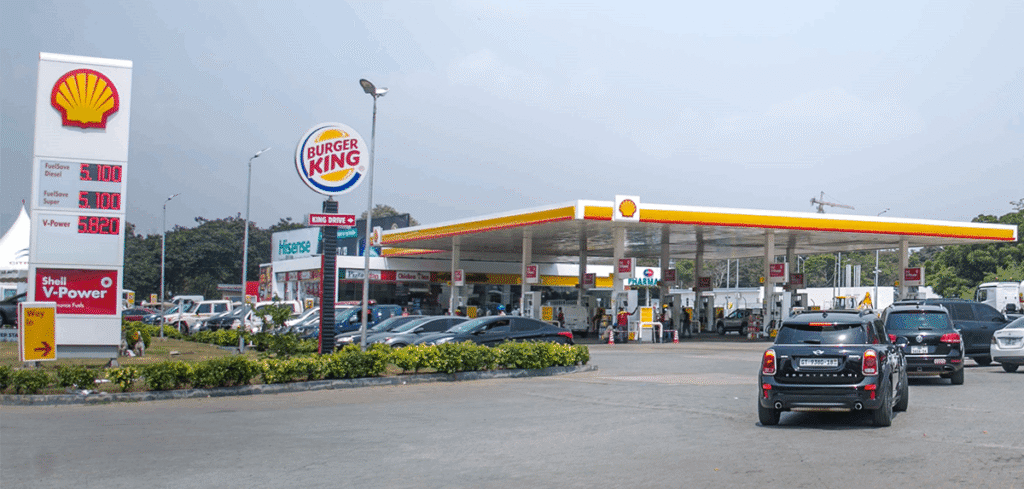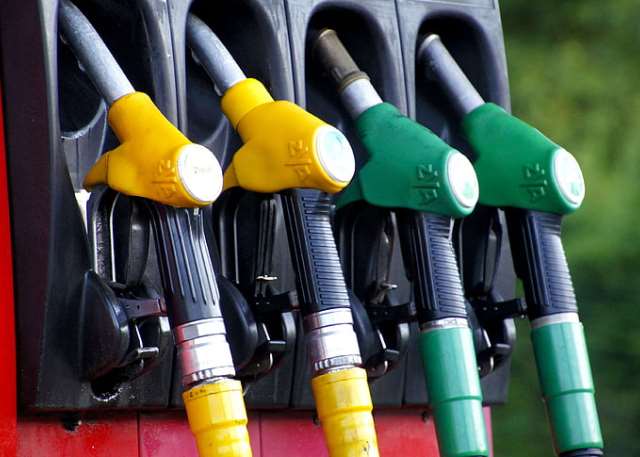Credit: Kekeli K. Blamey
Ghanaians may soon feel a deeper pinch at the fuel pumps as the Chamber of Petroleum Consumers (COPEC) projects significant increases in petrol and diesel prices during the second pricing window of July.
The anticipated hikes, ranging between 6% and 9%, are being attributed to new fiscal measures and subtle shifts in international market dynamics.
According to COPEC’s latest analysis, the looming upward adjustment in pump prices is not solely due to global crude oil trends or exchange rate pressures. Instead, a newly introduced GHS1 Energy Sector shortfall and debt repayment levy by the Ministry of Energy is emerging as a key contributor to the potential rise in fuel costs.
Despite a 4.89% dip in global crude oil prices—from $74.43 to $70.79 per barrel—and only a modest 0.47% depreciation of the Ghanaian cedi against the US dollar, pump prices are still expected to climb when the new window opens on Wednesday, July 16.
Projected Price Shifts:
Petrol: Expected to jump 6.47%, from GHS11.59 to GHS12.34 per litre
Diesel: Estimated to rise 9.30%, moving from GHS12.97 to GHS14.18 per litre
LPG: A slight relief, as prices may drop by 0.45%, to GHS11.55/kg
COPEC notes that while international prices of petrol have actually declined by 3.32%, and LPG by 5.41%, domestic price increases are being fueled by policy-induced levies and cost structures within the downstream sector.
“The projected price changes could vary within a ±5% range depending on actual market movements,” COPEC stated.
Call for Policy Reforms
In its statement, COPEC called on government to reconsider the cumulative taxes on petroleum products, which currently account for about 26.55% of retail prices. The Chamber urged for either a reduction in levies or the implementation of a flexible pricing model that adjusts with foreign exchange trends.
COPEC also reiterated its plea for LPG price subsidies to enhance accessibility and reduce reliance on firewood, which continues to pose environmental risks.
The Executive Secretary, Duncan Amoah, added that government’s support in reviving the Tema Oil Refinery (TOR) would be critical in reducing Ghana’s dependency on imported refined fuel.
“We further urge Oil Marketing Companies not to exploit the pricing window by introducing additional charges under the guise of the new energy levy,” COPEC cautioned.
While consumers brace for potential increases, stakeholders continue to watch global oil markets and local monetary movements closely, hoping for a moderation in cost pressures during the upcoming pricing window.







